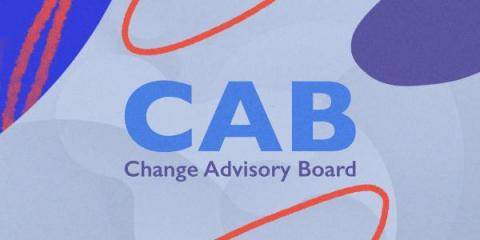Soft Skills vs. Hard Skills, and Why You Need Both in IT
When you think of the necessary skillset to operate and excel in the world of IT (and certainly in the world of IT Service Management), chances are your brain automatically defaults to what is known as "hard skills." Easily quantifiable, specific expertise on tools and languages. But of course, that doesn't paint the full picture of what is needed to become a well-rounded IT professional able to effectively communicate with teammates and stakeholders.











